This is not only an academic exchange forum, but also a place to affirm the strategic vision of Vietnam, a country that is gradually asserting its position in mastering core technologies, especially AI, towards the goal of building a national technological self-reliance.
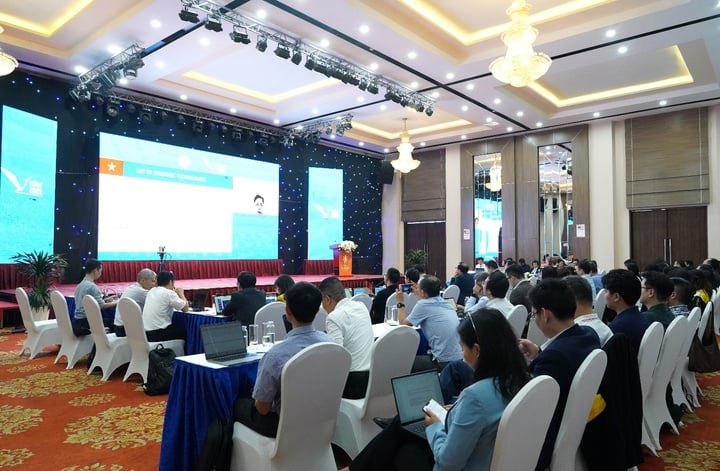
Overview of the Forum.
In his opening speech at the Forum, Mr. Tran Anh Tu, Deputy Director of the Department of Information Technology Industry, emphasized that in the new era, shaped by AI and digital transformation, the Party and State of Vietnam have clearly identified: Knowledge, creativity and technology are the most important production resources. In which, science , technology and innovation are the central driving force to create the second Doi Moi, helping Vietnam overcome the middle-income trap and realize the aspiration of becoming a developed, high-income country.
According to Mr. Tran Anh Tu, to realize that aspiration, identifying and mastering strategic core technologies is a vital requirement. Vietnam cannot rely on technology transfer if it wants to create a real competitive advantage. An important milestone in this process is Decision No. 1131/QD-TTg dated June 12, 2025 of the Prime Minister , approving the List of 11 strategic technology groups, in which AI is identified as the number 1 strategic technology group. Four core products are focused on development including: Vietnamese language model, Virtual assistant, specialized AI and analytical AI.
In particular, the Ministry of Science and Technology has established a philosophy of decisive action, based on four strategic pillars: Taking Enterprises as the center; Taking National Major Problems as the driving force; Taking Talent as the key (with a mechanism to encourage scientists to benefit from research results); Taking the Ecosystem as the strength (promoting cooperation between the three parties). "Our goal is very clear: By 2027, Vietnam must master at least 20 strategic technology products, of which AI is the pioneering spearhead," Mr. Tran Anh Tu affirmed.
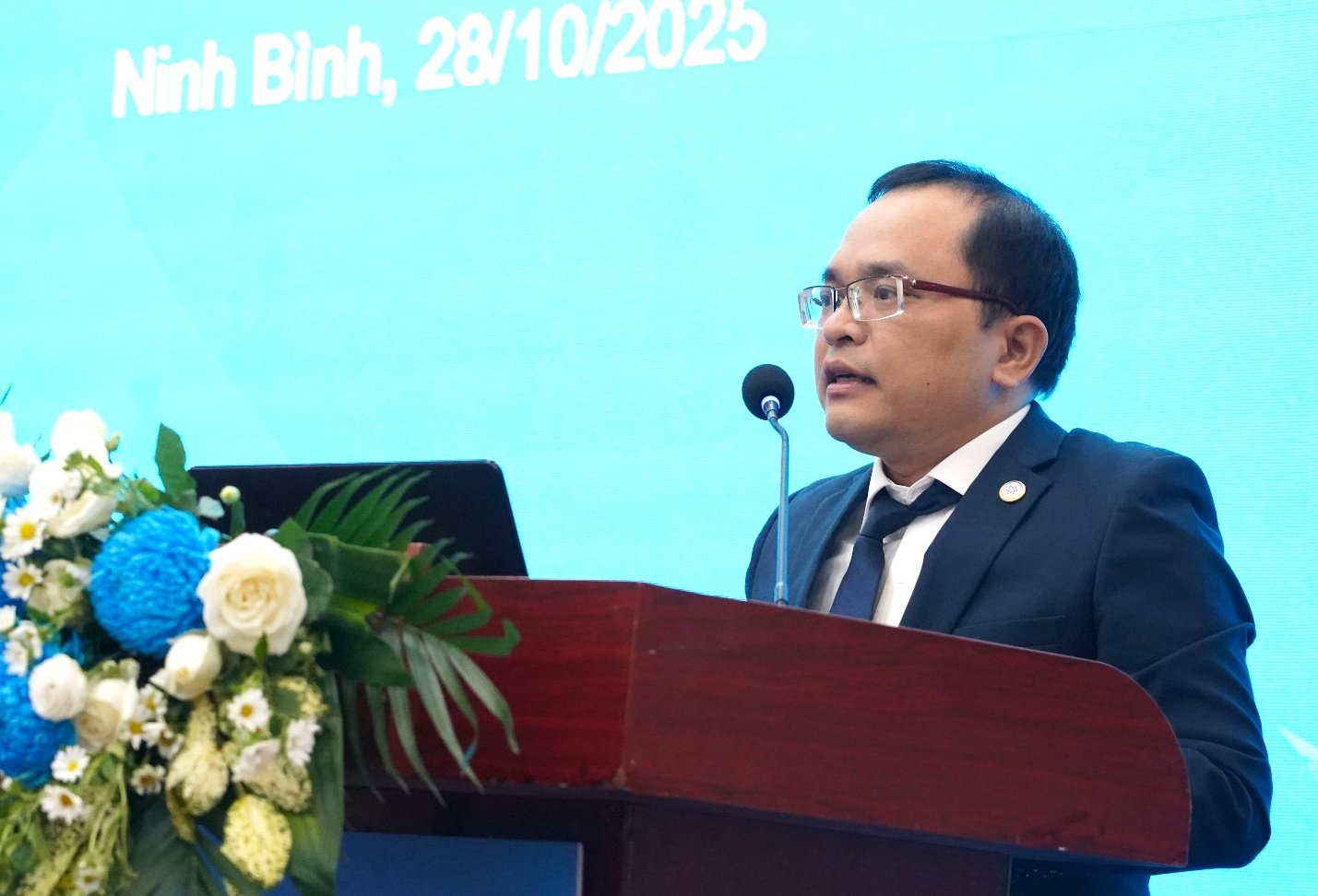
Mr. Tran Anh Tu, Deputy Director of the Department of Information Technology Industry, spoke at the Forum.
Presenting the orientation for strategic technology development in Vietnam, Mr. Hoang Anh Tu, Deputy Director of the Department of Science, Technology and Engineering, said that strategic technologies are high technologies that are prioritized for investment, have the ability to create breakthroughs in socio-economic growth, and at the same time play a fundamental role for key industries, and have strategic significance for national defense and security.
According to Mr. Hoang Anh Tu, the strategic technology development policy framework is built on the basis of Resolution No. 57-NQ/TW on science, technology, innovation and national digital transformation, and Decision No. 1131/QD-TTg on the list of strategic technologies, with the main idea being "Vietnam masters strategic technologies through mastering strategic products". Accordingly, the State selects a number of breakthrough products, focuses resources on the stage where Vietnam can master them, assigns enterprises to take the lead in research and development (R&D), and allocates at least 15% of the science and technology budget for strategic technologies.
From that orientation, the AI technology group is identified as the pioneering spearhead. Vietnam aims to develop a Vietnamese Large Language Model (Vietnamese LLM) that reflects the characteristics of Vietnamese language, culture and knowledge - playing the core role of a foundation for the Vietnamese AI ecosystem. By 2027, Vietnam will refine open source models such as Llama, Mistral, DeepSeek, Qwen..., build a national data set and train a model with a scale of up to 30 billion parameters. By 2030, the model will reach a scale of 100 billion parameters, integrating multimodal data including images, videos and audio.
Mr. Hoang Anh Tu added that four key products were identified, including: Vietnamese LLM model; Vietnamese virtual assistant supporting legislation, executive, judiciary, and public administration; National database of text - images - videos - audio; National evaluation standard system for large language models.
He emphasized that to realize this goal, Vietnam is synchronously implementing R&D tasks, computing infrastructure and policy mechanisms. Specifically, developing the National AI Hub, establishing a high-performance computing cluster reaching 10-20 ExaFlops FP8, 100PB storage capacity, and a system for testing reliability, bias and data safety. At the same time, an "AI safety policy sandbox" will be formed - a controlled testing environment that facilitates innovation while still ensuring safety.
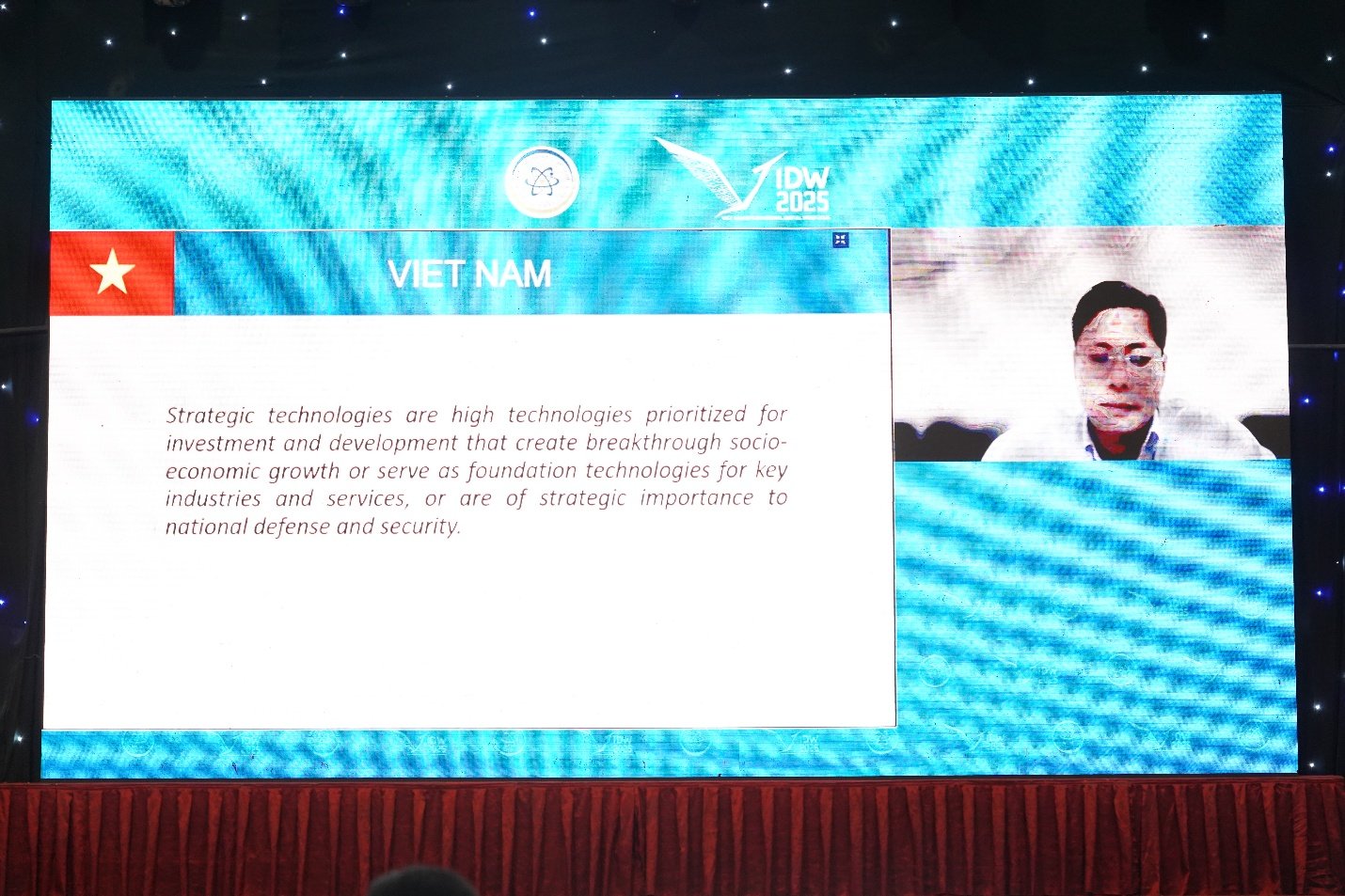
Mr. Hoang Anh Tu, Deputy Director of the Department of Science, Technology and Engineering presented at the Forum.
The forum focused on two major topics: Developing Large Language Models (LLM); Vietnamese virtual assistants, along with specialized AI and analytical AI. These are considered key pillars to help Vietnam assert its technological sovereignty, while promoting the application of AI in priority areas such as healthcare, smart cities, environment, finance and education. Thereby, Vietnam gradually realizes the goal of building a technologically self-reliant and stable foundation in the AI era.
With clear orientation, decisive actions and the support of the business community, scientists and international partners, Vietnam is taking steady steps on the journey of developing and mastering AI technology, towards an independent, self-reliant and sustainable knowledge economy in the digital age.
Source: https://mst.gov.vn/phat-trien-va-lam-chu-cong-nghe-ai-buoc-di-chien-luoc-cua-viet-nam-trong-ky-nguyen-so-197251028210454325.htm


![[Photo] Flooding on the right side of the gate, entrance to Hue Citadel](https://vphoto.vietnam.vn/thumb/1200x675/vietnam/resource/IMAGE/2025/10/28/1761660788143_ndo_br_gen-h-z7165069467254-74c71c36d0cb396744b678cec80552f0-2-jpg.webp)


![[Photo] Hue: Inside the kitchen that donates thousands of meals a day to people in flooded areas](https://vphoto.vietnam.vn/thumb/1200x675/vietnam/resource/IMAGE/2025/10/29/1761738508516_bepcomhue-jpg.webp)

![[Photo] Prime Minister Pham Minh Chinh chaired a meeting to discuss solutions to overcome the consequences of floods in the central provinces.](https://vphoto.vietnam.vn/thumb/1200x675/vietnam/resource/IMAGE/2025/10/29/1761716305524_dsc-7735-jpg.webp)
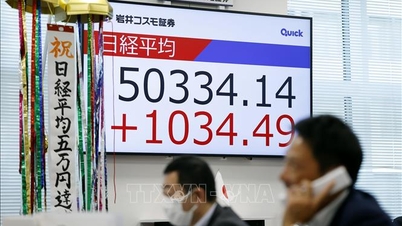

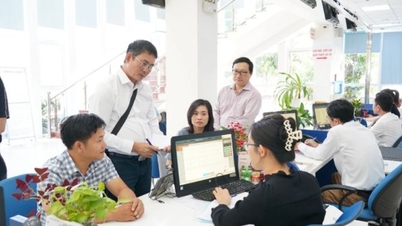

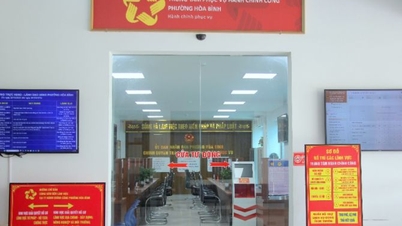
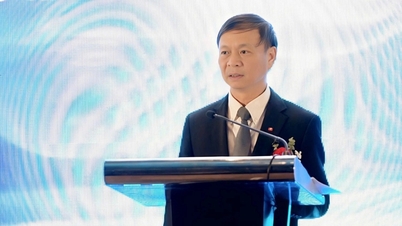



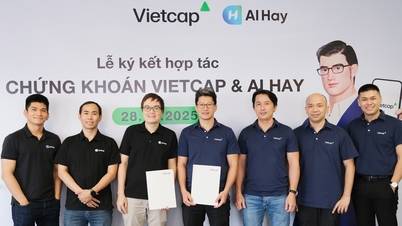





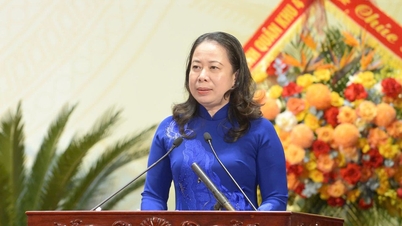


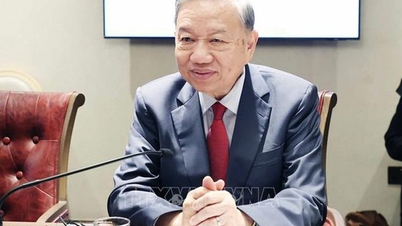





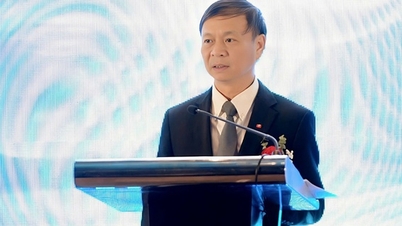
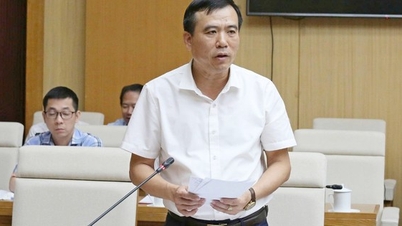
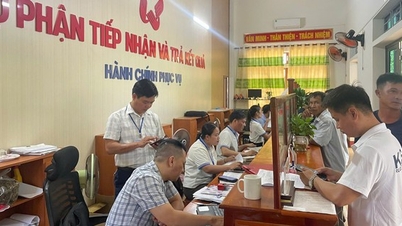
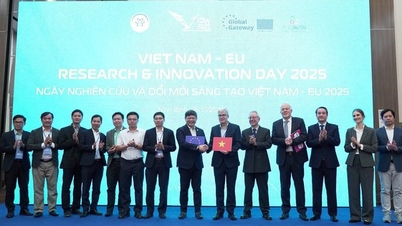
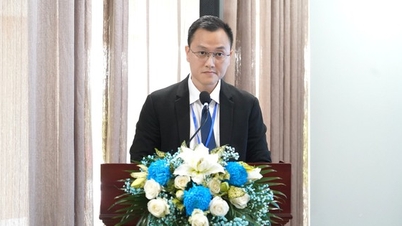

































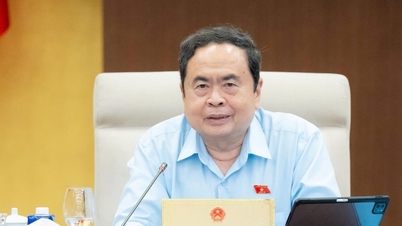

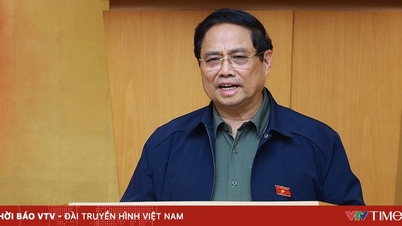
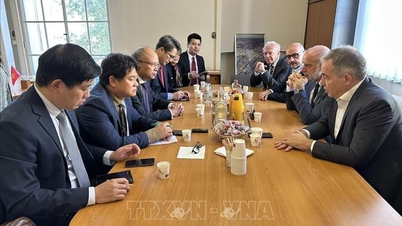
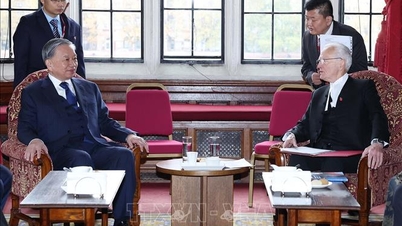
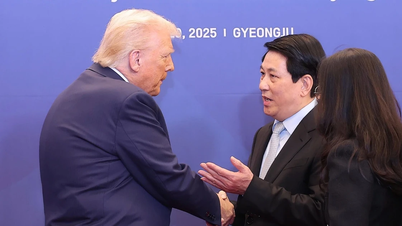

![[Video] 24-hour news on October 29, 2025: Prime Minister Pham Minh Chinh: No one in the Central region will be left hungry or cold due to floods](https://vphoto.vietnam.vn/thumb/402x226/vietnam/resource/IMAGE/2025/10/29/1761743011202_z7168421557697-8aba01bb34381f15c3b1423843c0e51f-jpg.webp)
![[Live] Concert Ha Long 2025: "Heritage Spirit - Brightening the Future"](https://vphoto.vietnam.vn/thumb/402x226/vietnam/resource/IMAGE/2025/10/29/1761743605124_g-anh-sang-am-thanh-hoanh-trang-cua-chuong-trinh-mang-den-trai-nghiem-dang-nho-cho-du-khach-22450328-17617424836781829598445-93-0-733-1024-crop-1761742492749383512980.jpeg)

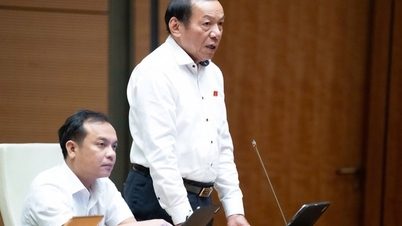
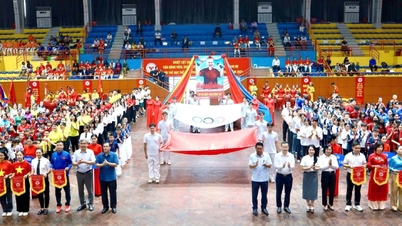
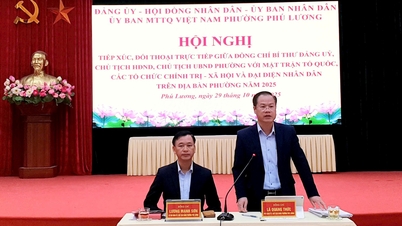
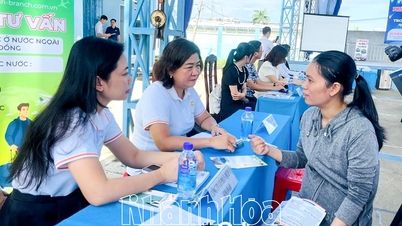

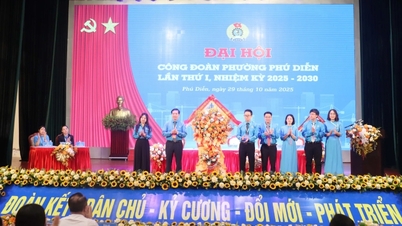


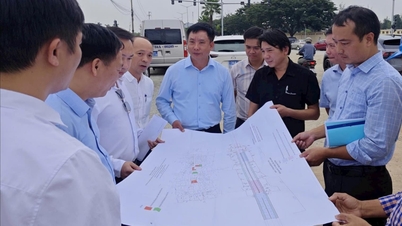
















Comment (0)